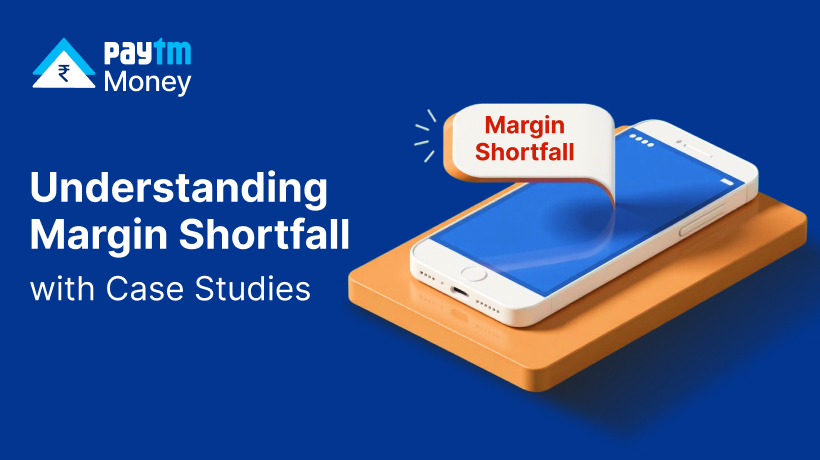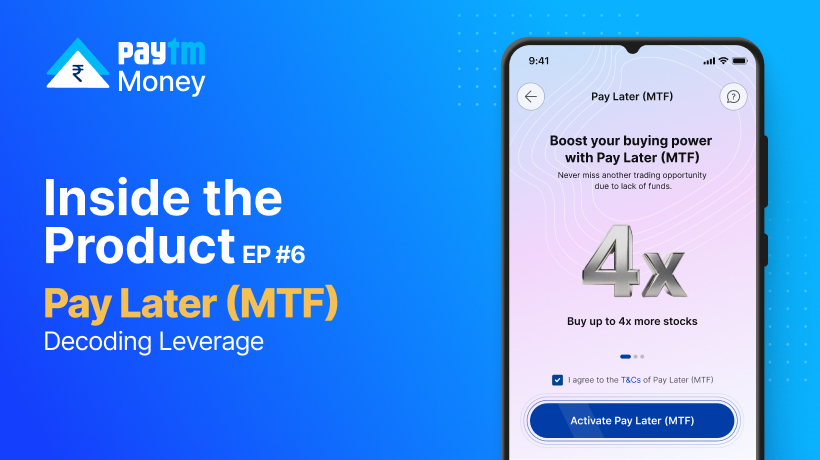Key highlights of the Hon’ble Supreme Court’s interim order issued on Dec 3, 2020 & Dec 9, 20207 min read
The Hon’ble Supreme Court issued an interim order allowing the Trustee of Franklin Templeton to seek consent of the unitholders for the winding up of the six schemes under Regulation 18(15)(c) of SEBI (Mutual Fund) Regulations 1996 while keeping the redemption suspended. SEBI will appoint an independent observer and the voting result along with the report of the observer will be submitted in a sealer envelope to the Court. As you know we have issued a notice on Dec 7, 2020 for seeking consent of unitholders and the result will be announced as per the direction of the Court.
What should one opt for between a “Yes” vote and a “No” vote
Option 1 will be to Vote “Yes” in favour of the orderly winding up. If the six fixed income schemes under winding up get a majority “Yes” vote
- The securities in the Scheme can be liquidated in an orderly manner without the need to proceed with distress sale (as redemptions are not allowed). This will therefore enable an orderly liquidation of the portfolio assets at fair value. The proceeds realized by the Scheme will be distributed to the Unitholders in proportion to the units held by them, at regular intervals.
- This option will therefore enable recovery of maximum possible value of securities held by the Scheme.
- The Authorised Person appointed under regulation 41, would be in a position to take the most appropriate action with regard to liquidation of each security as there will be no undue haste or selling pressure.
- The NAV may not be negatively impacted as liquidation would be orderly and there would be no need for distress sales to urgently fund redemptions.
- And finally, Unitholders will not be required to apply for redemptions. Unitholders will receive regular pro-rata distributions of investment proceeds as assets are systematically liquidated and cash is generated by the Scheme.
Option 2 will be to Vote “No” against the orderly winding up. If the six fixed income schemes under winding up get a majority “No” vote
- Subject to directions from the Supreme Court, the Scheme would be required to reopen immediately and may need an emergency liquidation of securities if a high volume of redemptions is received.
- This may therefore entail distress sales of securities to meet the redemptions received. The market is unlikely to have enough liquidity to absorb such large quantities of securities over a short period of time and it may not even be possible to get bids at reasonable prices for all securities in such circumstances.
- A distress sale of securities held in the portfolio could result in a rapid and steep decline in the NAV leading to substantial losses for Unitholder (irrespective of market conditions).
- Also, Unitholders will need to apply for redemptions if they wish to receive monies. This may result in disproportionate distribution of any cash generated to Unitholders depending on the time of redemption.
An update on the amount of cash mobilized in the 6 schemes as well as the amount of cash already available for investors.
- From April 24 to November 27, 2020, the schemes under winding up have received over INR 11,576 crores from maturities, pre-payments, and coupons. Out of the INR 11,576 crores, the schemes have received INR 2,836 crores in the month of November 2020.
- You are aware that four out of the six schemes are already cash positive. Even though the schemes could not actively monetize the portfolio, the cash available for disbursement as on November 27, 2020 stands at INR 7,226 crores for these four schemes, subject to fund running expenses. This shows that subject to unforeseen credit events, if any, the securities held in the funds can be liquidated at fair value, if the schemes are allowed to undertake an orderly process of liquidation. This is preferable to a distress sale of securities (at steep discounts) that would occur if a rush of redemptions forces an emergency liquidation of the securities at prices far below their realizable value under normal market conditions.
- Individually, Franklin India Low Duration Fund, Franklin India Ultra Short Bond Fund, Franklin India Dynamic Accrual Fund and Franklin India Credit Risk Fund have approx. 48%, 46%, 33% and 14% of their respective AUM in cash as on November 27, 2020.
- They also continue to make progress in reducing borrowings in the other two funds. The outstanding borrowing (net of cash available for repayment of borrowings) in Franklin India Short Term Income Plan stands at approx. INR 62 crores (1% of AUM) and in Franklin India Income Opportunities Fund, at approx. INR 305 crores (18% of AUM) as on November 27, 2020.
- All this money has been received without undertaking any secondary market sales (active monetization) of the securities in these six schemes. Voting “Yes” for orderly winding up, gives the person authorised under regulation 41, the time needed to monetize scheme assets without resorting to distress sales and thus gives an opportunity to the scheme to return maximum value to unitholders.
Will a “Yes” vote will delay the return of the money while a “No” will allow return of the cash immediately
- Voting for an orderly winding up does not mean a lengthy wait for return of monies.
- Once Franklin Templeton receives a majority “Yes” vote in favour of the orderly winding up of the schemes, subject to directions from the Supreme Court, we will proceed with a second vote to seek approval of the unitholders as required under regulation 41 of SEBI (Mutual Fund) Regulation 1996 to authorize the Trustee, or any other person, to proceed with the winding up of the schemes.
- The person authorised under regulation 41 would then be able to distribute the cash already available in the schemes and make further payments at regular intervals as the schemes monetize assets and receive cash-flows. There will therefore be no undue delay by voting Yes.
- On the other hand, if the majority vote is “No” the schemes will have to open for redemptions
- Investors will have to place redemption requests if the schemes reopen and there is a likelihood of huge rush for redemptions
- This rush of redemptions will require the schemes to sell securities urgently as the cash in the scheme may not be enough to meet the redemption requests, and it will not be possible to predict redemption volumes exactly. This distress selling is unlikely to be at fair value, which can have a significant negative impact to the NAV of the schemes, leading to losses for Unitholders.
- The market is unlikely to have the liquidity to absorb such large quantities of securities over a short period of time
- So, while Unitholders will be able to withdraw money immediately, this could potentially be at a significant loss in value.
- Monetizing close to INR 18000 crore of portfolio assets over a period of time in an orderly manner, will result in better outcomes for investors as compared to the schemes being forced to sell the same securities as a “fire sale” in a short period of time.
Steps that investors need to take to cast their Vote
- The objective of the voting exercise is to seek, by “simple majority”, meaning, the consent of more than half of the unitholders casting their vote, for the decision made by the Trustee to orderly wind up the six fixed income schemes.
- Consent will be sought from the unitholders for each scheme separately. But within a scheme a Unitholder will be entitled to only one vote irrespective of the number of units held in the folio or the number of folios
- In order to ensure maximum participation and ensure the safety of investors, the process of seeking unitholders’ consent is through an “Electronic Vote”.
- Unitholders will receive an e-mail from M/s. KFin Technologies Private Limited with their user id and password
- The user id and Password will be unique to each scheme where they have an investment
- Unitholders will need to visit https://evoting.kfintech.com and log in with the user ID and password received
- Once logged in, they need to select the E-Voting Event for the scheme where they have an investment and cast their vote.
- The Portal will remain open for voting from December 26, 2020 at 09:00 a.m. (IST) till December 28, 2020 at 06:00 p.m. (IST).
- This will be followed by the Unitholders Meeting via Video Conference on December 29, 2020 for each scheme separately. Unitholders who have not voted previously and are attending the VC Unit Holders Meeting will also be able to Vote during the meeting.
- The entire voting exercise will be audited by an external scrutinizer
- Investors can visit our website. franklintempletonindia.com for detailed instructions on e-voting and attending the unitholders meet
- Investors can send their queries to unitholdermeet@franklintempleton.com. We will also have a call centre available to answer any technical queries on the e-voting on 26,27 and 28 December 2020.
- For any queries related to the USER id and password for voting and the AGM, please feel free to call 18003454001




